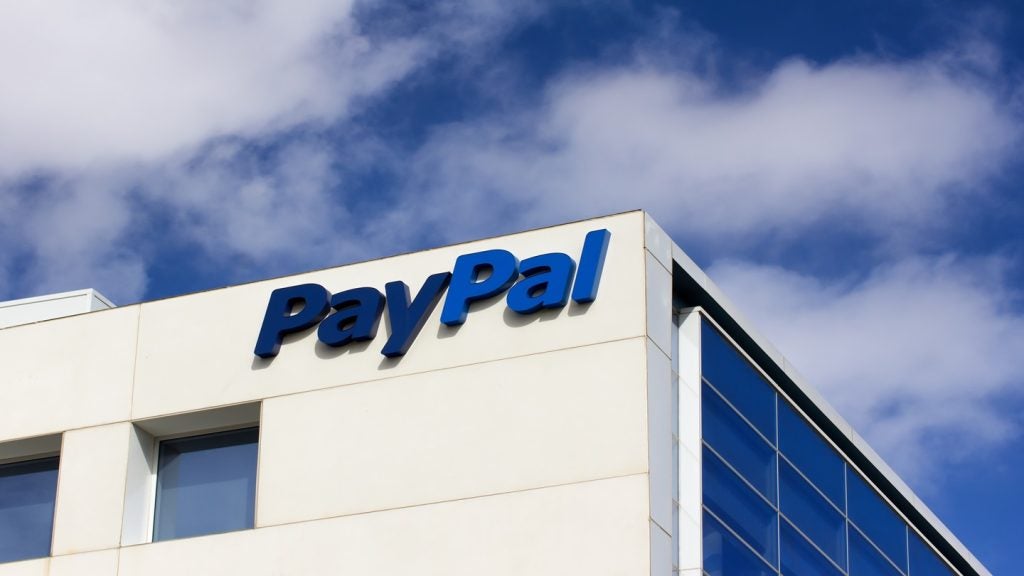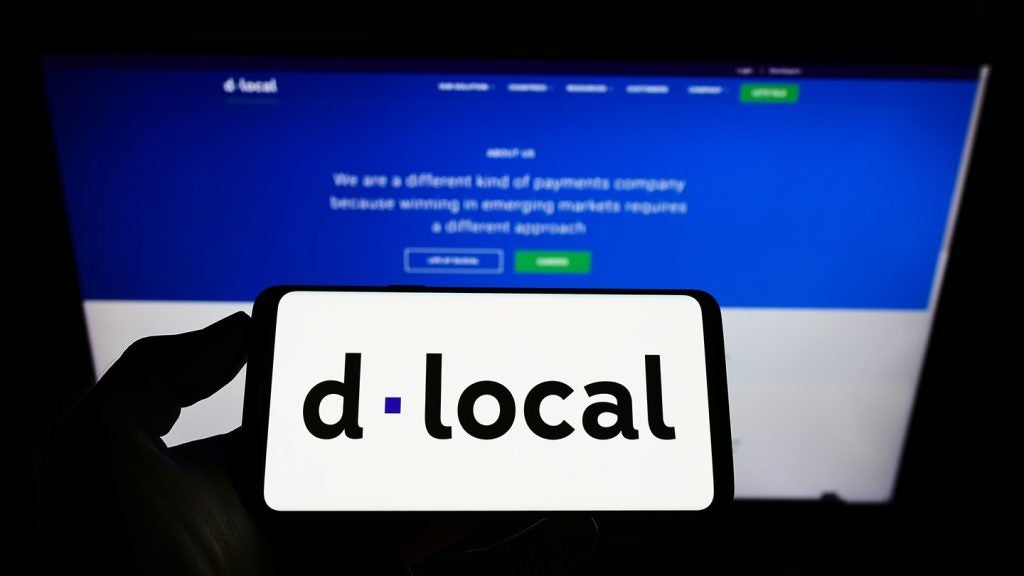Loyalty programmes have traditionally been the domain of
larger banks which had the resources to fund them, but a new
programme from Fiserv is helping smaller banks to offer rewards in
partnership with merchants, while consumers get a choice of debit
and credit rewards. Charles Davis reports.
Fiserv, a US financial service solution provider, has developed
a reward programme, UChoose Rewards, which enables customers to
earn merchant-funded rewards for debit and credit card use.
The programme is designed to help small financial institutions
compete in the rewards arena with the larger banks by combining the
reach of issuer-funded rewards with the lower costs of
merchant-funded rewards.
A range of reward options
Fiserv’s Uchoose Rewards programme lets financial companies
offer issuer-funded or merchant-funded rewards – or a combination
of the two.
How well do you really know your competitors?
Access the most comprehensive Company Profiles on the market, powered by GlobalData. Save hours of research. Gain competitive edge.

Thank you!
Your download email will arrive shortly
Not ready to buy yet? Download a free sample
We are confident about the unique quality of our Company Profiles. However, we want you to make the most beneficial decision for your business, so we offer a free sample that you can download by submitting the below form
By GlobalData“This gives small financial institutions a comparable programme
to Citi’s ThankYou Network, and this is not something most smaller
banks can do because they don’t have the scale to attract the
merchants,” said Andy Brown, vice-president of product development
for Fiserv’s electronic funds transfer processing unit.
“Merchants just won’t pay much attention to a bank with less
than 100,000 cards, so by bundling our financial clients together,
we can build a blended programme, in which the issuer gives points
for everyday shopping, but certain merchants give additional points
– and we have some 30 million debit cards in our processing
portfolio, so economy of scale is no longer an issue.”
Brown said UChoose had 10 fully live clients thus far, with
another 20 institutions at some level of implementation. Another
200 institutions will join the network this quarter as Fiserv
converts issuer-funded rewards programmes developed earlier for
clients into UChoose. Fiserv previously offered its banking clients
only an issuer-funded rewards programme for debit and credit
cards.
Cardholders access rewards by visiting UChoose’s website, which
enables them to earn points through various retailers for purchases
made with debit and credit cards. Banks can customise the programme
by adjusting the point value customers can earn for using credit
and debit cards. And in a significant advancement for smaller
institutions, clients will also be able to adapt UChoose to offer
‘relationship-based’ rewards for multiple types of banking
products, so that customers can earn and compile points for opening
accounts or applying for loans.
Smaller institutions typically have a harder time funding debit
card rewards programmes because debit doesn’t generate as much
profit. Merchant-funded rewards programmes, although they are in
the early stage of development, show a lot of promise for helping
issuers to offset the cost of attracting and retaining customers
for card programmes.
Several processors have developed merchant-funded programmes for
their clients, which often lack the resources to fund their own
rewards. But the programmes sometimes allow cardholders to earn
rewards only through purchases made at participating merchants.
“Rewards have become a powerful force shaping competition among
financial institutions. Yet, small financial institutions have
generally lacked the capabilities and funding to rival with the
programmes of their larger competitors,” said Gwenn Bezard,
research director with US payment consultancy Aite Group. “Products
such as UChooseRewards not only help smaller institutions close the
gap, but literally propel them to the forefront of the reward
evolution.”
Benefits of a ‘blended’ programme
With UChoose merchant-funded rewards, financial institution
clients may be able to eliminate up to 90 percent of the rewards
redemption expense typically experienced in an issuer-funded
programme. Brown said that clients who decide to implement a
blended programme could increase card activation, increase spend
and reduce attrition.
“Research has proven that card activation rates, spend per
transaction and overall transaction volumes are all positively
influenced by rewards and loyalty programmes,” Brown said. “The
UChoose Rewards merchant-funded approach provides the additional
benefits of helping our clients enhance their cardholder
relationships at little additional cost while bringing added value
to participating merchants through increased cardholder
spending.”
UChoose also allows financial institutions to offer their
customers the ability to combine points earned for all their bank
or credit union accounts, receive cashback for their card usage and
use the programme to earn entertainment rewards as well as millions
of items of merchandise.
“We are already seeing a lot of interest among merchants for
customised promotions, in which they use the rewards to focus on
new geographic markets or new product lines, and that is a real
strength of a blended programme,” Brown said. “We had merchants
doing double point and triple point offers over the holidays, for
example, driving sales in areas where they felt they needed the
lift.”
Merchants get greater visibility
Fiserv also looks at its card transaction data, identifying
trends in the spending to target merchants that ought to be in the
UChoose programme, particularly those local merchants easily
overlooked by a national rewards system.
“We can use that data to see things like local merchants that
the big guys overlook, and since there is no cost to participate
beyond redemption, it’s a relatively easy sale,” Brown said.
“Rewards are all about relevancy, and you have to have good ways to
encourage participation and the redemption side has to work, and if
we can add favourite local merchants to a smaller institution’s
rewards platform, then it really adds relevance and keeps that
local focus.”
The key, Brown said, is creating a network that has the national
names and the local mom-and-pop shops that customers want to
frequent. Blended programmes can alleviate issuers’ funding costs
while increasing cardholders’ perceived value from their card use,
Brown said.
Central Pacific Bank of Honolulu is one of the first six Fiserv
clients to test UChoose; five chose a blended version, and the
sixth opted for a merchant-funded version, according to Brown.
He said that Fiserv would eventually offer the programme as a
stand-alone product to financial companies that do not use its
debit or credit processing services.







